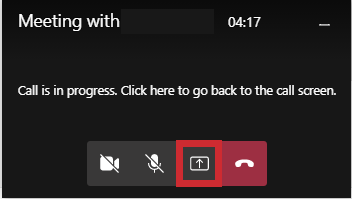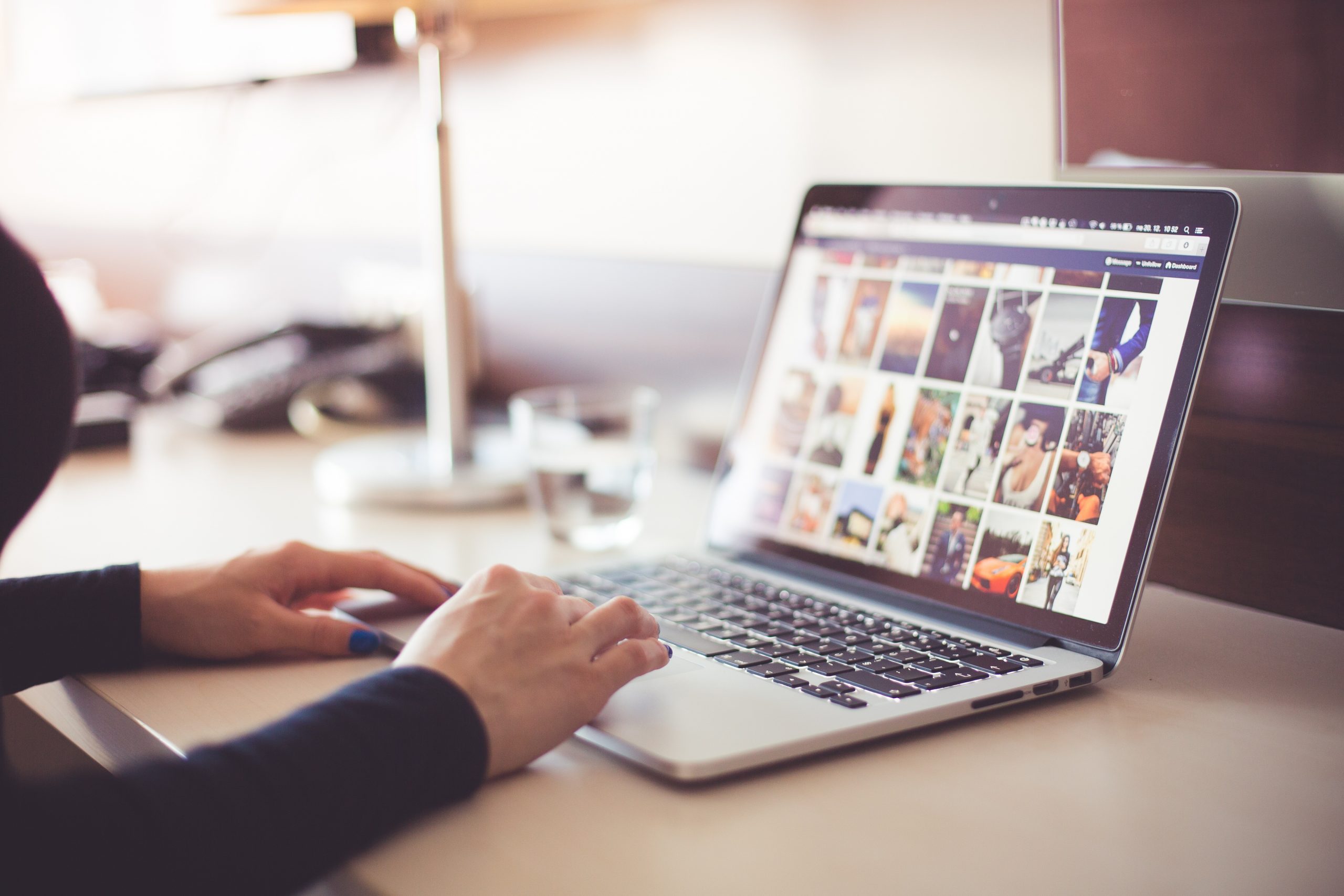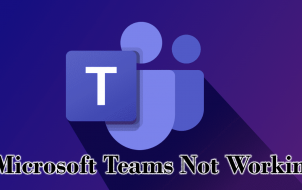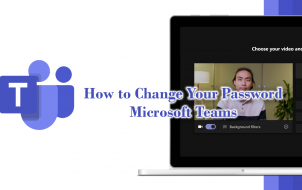Virtual meetings are a great way to keep in touch with people. But sometimes a video chat isn’t enough. What happens when you need to share something with the group?
Microsoft Teams makes it simple to show the group exactly what you’re talking about with the Share Screen feature. You can use it, whether you’re on a desktop or your mobile device.
Now you have the freedom to conduct meetings without skipping a visual beat.
Desktop Sharing
Sharing from your desktop is as simple as pressing a single button from your meeting controls:
- Look for the Share icon (looks like an upwards pointing arrow surrounded by a box).

- From there, you can select a window, a PowerPoint file, a whiteboard, or your entire desktop to share.

- Don’t forget that you need to click the Stop Sharing button when done, or your window remains open to the entire group.

Keep in mind that the web version of Teams works a little differently, too. If you are not using the Desktop app, you need the latest version of Microsoft Edge or Google Chrome to share more than your screen.
Mac users may see a prompt to change privacy settings before sharing the screen. Linux users, however, are out of luck. Window sharing is not available on the platform.

Sharing PowerPoint Slides
If you want to share a PowerPoint presentation, it starts the same way.
- Locate your meeting controls and click on the Share icon.

- Choose PowerPoint as the type you wish to share.

- Next, you can select your file from the PowerPoint section. This list comes from the most recent files on your desktop. So, if you’ve opened or edited files on your OneDrive or in your team’s SharePoint site, it’s listed here.
Selecting a file from this pre-populated list allows all the meeting participants to see the slides. They can also access files when the meeting concludes.
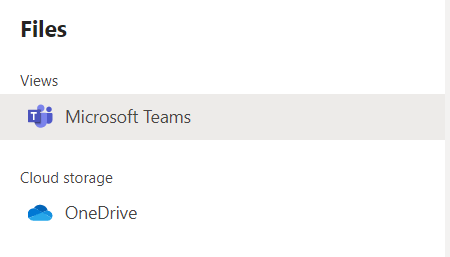
However, if you select a file from the Browse feature, the process is slightly different. Your team can still see the slides, but first, you should upload the file to Teams for the meeting. For channel meetings, this file goes into the Files tab in the channel. Any team member on the channel has access to the file this way. However, files for private meetings save to your OneDrive. Only participants of that private meeting have access to the PowerPoint file.
Giving Control of Shared Screens
Sometimes you need to work together with other team members during a meeting. If you want someone else to help you with your screen presentations, you need to give them control. Don’t worry, though, because you’ll both have control of the file during the meeting.
- Hover at the top of the screen to bring up the sharing toolbar. Click on the Give Control button and scroll down to the person you want to give control to.

- Click on the person’s name to complete the action.
When you do, Microsoft Teams notifies that person that you’re sharing control with them. They can then make edits, selections, and otherwise modify the shared screen.
Taking back control is as easy as clicking the Take Back Control button in the toolbar.
Taking Control of Shared Screens
Do you think it would be helpful to assist the person with the file? You can send a request to take control when another person is sharing a screen.
- Simply click Request Control and wait for their response (if they have not enabled this ability, it will be greyed out like in the photo below.)

- The person sharing a screen has the freedom to approve or deny the request. If they do accept it, you can do a variety of things while in control like edits, selections, and modifications.

- When you’re ready to stop sharing control, go back to the toolbar and click on Release Control.

Using System Audio While Sharing
Sometimes you need to share audio during remote presentations. Teams make it easy to stream your computer’s audio to meeting participants to share audio clips or play a video.
- Select the Share icon from your meeting controls to start sharing your system audio.

- Click on the Include System Audio button to begin.

Remember that all sounds from your system will go through Teams. And that includes notifications that you may wish to keep private. So, it may be a good idea to turn those notifications off – at least temporarily!
Keep in mind that sharing system audio won’t work when sharing a Whiteboard or a PowerPoint file. Also, due to the app’s limitations, sharing audio only works on Windows devices.
Mobile Sharing
Sometimes you need to share screens when you’re meeting on the go. Teams let you share what you’re looking at through the mobile app, too!
- To start sharing content, click on the three dots for More Options on your meeting screen.

- Select the Share icon

- Choose what you’d like to share. Your options include a video, photo, and your whole screen.

- Head on down to the bottom of your screen and tap Start when you’re ready to share.

- When done, tap on the Stop button.

Share More Content in Your Team Meetings
Nowadays, distance doesn’t have to stand in the way of great content. Share yours whenever you need to with the tap of a button in Microsoft Teams. Or give someone else in the meeting control while you continue the presentation. Collaboration has never been easier!
Do you use the Screen Share feature for your Teams meetings? How’s it working? Tell us about your experience in the comments section below.
Disclaimer: Some pages on this site may include an affiliate link. This does not effect our editorial in any way.

